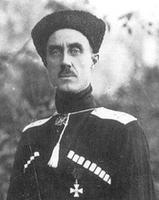Had a nice time on
Civil War Talk Radio today. Will post a line when the recording becomes available in the archive.
Preparing for the show, I jotted down some talking points in three categories: McClellan, public history, and the effects of the Internet on publishing. The show was conversational, however, and the points were not needed so I present them here as souvenirs of a moment passed. For what it’s worth:
George B. McClellan+ In the general consensus about the war and its personalities, Grant and McClellan have become archetypes or stereotypes.
+ In this framework, the Grant story represents a fantasy outside of anyone’s experience while McClellan’s experience is part and parcel of our daily lives.
+
Grant: the hard-working apolitical subordinate works for the rational and wise boss who rewards his subordinates based on merit. His worth being recognized strictly through personal effort, Grant is given all resources needed to do his job, plus unstinting personal and moral support and, as he brings the organization success after success, he is showered with popular accolades.
+
McClellan: under-resourced and underappreciated, McClellan is coping with a distant, distracted superior who keeps inserting layers of incompetent micromanagers between them. McC has constraints that cannot be remedied, timetables that are unrealistic, scheming, incompetent subordinates, jealous peers, and an endless supply of supernumerary experts eager to tell him publicly how to do the job better. Try as he might, he is maligned, discredited and complained about.
+ We don’t know anyone like the Grant character; have never heard of such a person; don’t know anyone who knows of such a person; we will die without ever even hearing of a work life like this one. On the other hand we and everyone we know faces a McClellanistic existence every day, all day almost from birth.
+ Somehow the Grant fantasy – which no one can relate to - is more popular than the McClellan reality – which everyone can relate to.
+ McClellan revision currently has four aspects.
Rowland: corrects historians’ excesses.
Rafuse: filters the man’s actions through his political ethos.
Beatie: places the man in a total military context.
Harsh: places the man in specific situational contexts
+ The next breakthrough will come from pop history.
+ McClellan is surrounded by a rich body of unmined personal interest material including many fine unpublished anecdotes. This material is made to order for pop history.
+ McClellan’s family setting is Tolstoyan: he is the poor son of Philadelphia gentry seeking his place in the world while his wife’s family is in rapid decline from former grandeur (the “Albany Regency”). Meanwhile his entire family is embroiled in the war, North and South, and their individual fates hinge not on their own efforts but on the general's destiny.
+ A new pop history that uses all the McClellan materials, especially the anecdotes and family histories, will materially change how this reputation plays.
Blogging* The Web has absorbed older Internt media: Archie, Gopher, Listserv, and Usenet. But the common technical denominator remains hypertext.
* Links are references and blog writing around the link is in the style of an end note or footnote. Blogs are essentially footnotes and endnotes organized around references (links).
* Blogs have the same reading appeal as footnotes, offering serendipity, random information, surprise and delight. This may find its way back into commercial publishing, which is hostile to notes.
* The echo effect of comment and response among blogs of the same topic represents something like a roundtable discussion but is deeper – responses are more thoughtful and referenced. This can accumulate into a creative collaborative effect.
* Using hypertext, an argument can be constructed of scarcely connected links. “Proof” can be made out of artfully managed hypertext.
* As McLuhan would say, the medium is trying us on and we fit.
Public history# The preservation movement has hardened into a shape where there is an overwhelming sector leader with a hard-and-fast preservation ideology.
# People who contribute to preservation groups do not understand that they are endorsing very specific philosophies: of land management; of public access; of ranking merit or worth; of responsibility and maintenance.
# Local history is moving online and becoming visible. History clubs are going digital.
# Meanwhile local history is subject to pressures of heritage tourism.
# Heritage tourism develops a story that will sell to budget appropriators. This story then seeps into official accounts of events.
# Heritage tourism looks to commercial media (publishing, film, TV) for validation of its money-winning messages.
# Sophisticated readers constitute a reserve of healthy skepticism towards public history projects.
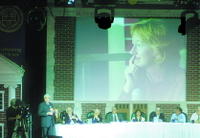

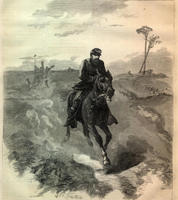
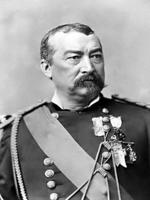
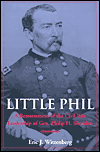
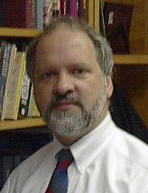



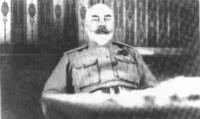 The remains of
The remains of 